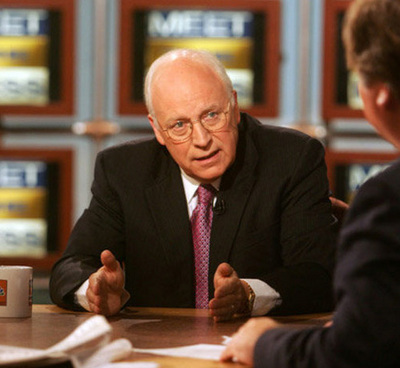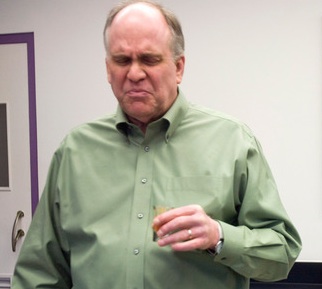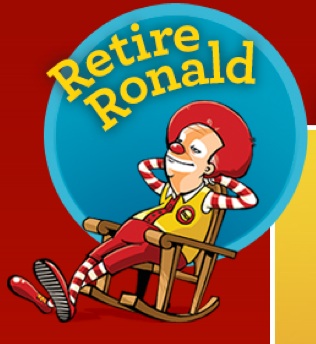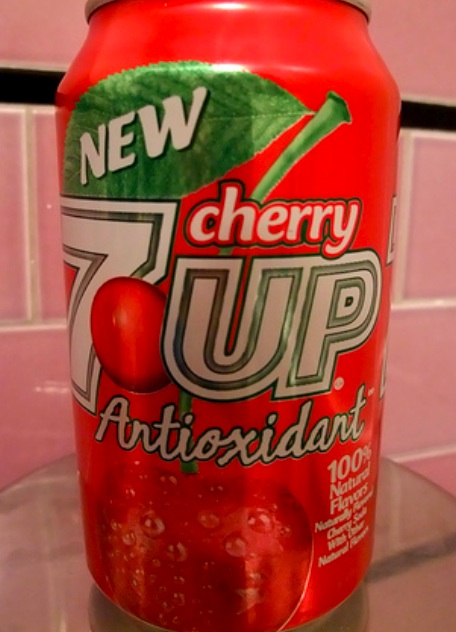 A recent PRWatch story discussed how corporations are increasingly turning to cause marketing to get around people's ability to tune out their daily deluge of advertising. Cause marketing, or "affinity marketing," is a sophisticated public relations strategy in which a corporation allies itself with a cause that evokes strong emotions in targeted consumers, like curing cancer, alleviating poverty, feeding the hungry, helping the environment or saving helpless animals. The relationship avails the company of a more effective way to grab the attention of their audience, by telling them compelling stories linked to the cause, for example tales of survival, loss, strength, good works, etc. Once the company gets your attention, it links its name and brands to the positive emotions generates by the cause. The company then leverages that emotion to get you to buy the stuff they've linked to the cause -- and improve its corporate image.
A recent PRWatch story discussed how corporations are increasingly turning to cause marketing to get around people's ability to tune out their daily deluge of advertising. Cause marketing, or "affinity marketing," is a sophisticated public relations strategy in which a corporation allies itself with a cause that evokes strong emotions in targeted consumers, like curing cancer, alleviating poverty, feeding the hungry, helping the environment or saving helpless animals. The relationship avails the company of a more effective way to grab the attention of their audience, by telling them compelling stories linked to the cause, for example tales of survival, loss, strength, good works, etc. Once the company gets your attention, it links its name and brands to the positive emotions generates by the cause. The company then leverages that emotion to get you to buy the stuff they've linked to the cause -- and improve its corporate image.
Cause marketing works, which is why its use is spreading like wildfire. The operative word that the whole idea turns on is "emotion," because the ability to manipulate people depends completely on generating an emotional connection that the company can exploit.





 Jessie Daniels, an Associate Professor in the Urban Public Health program at Hunter College, New York, has identified a phenomenon she calls "cloaked Web sites," or sites published by individuals or groups who deliberately conceal their authorship to disguise a hidden political agenda. Cloaked Web sites, Daniels points out, can have very real consequences, especially in the area of health.
Jessie Daniels, an Associate Professor in the Urban Public Health program at Hunter College, New York, has identified a phenomenon she calls "cloaked Web sites," or sites published by individuals or groups who deliberately conceal their authorship to disguise a hidden political agenda. Cloaked Web sites, Daniels points out, can have very real consequences, especially in the area of health.
 As state and local governments consider taxing soda and sugary drinks to raise money and address the national
As state and local governments consider taxing soda and sugary drinks to raise money and address the national